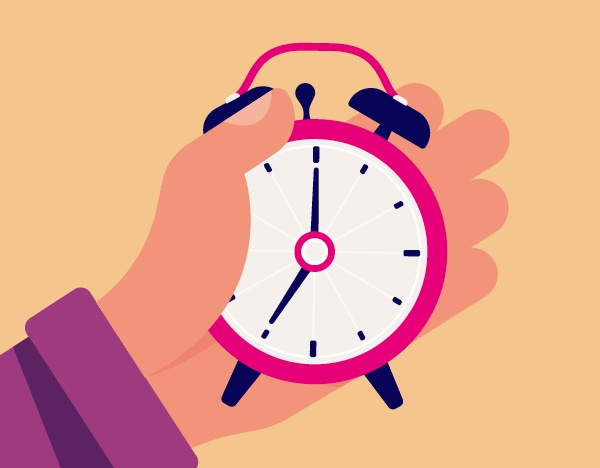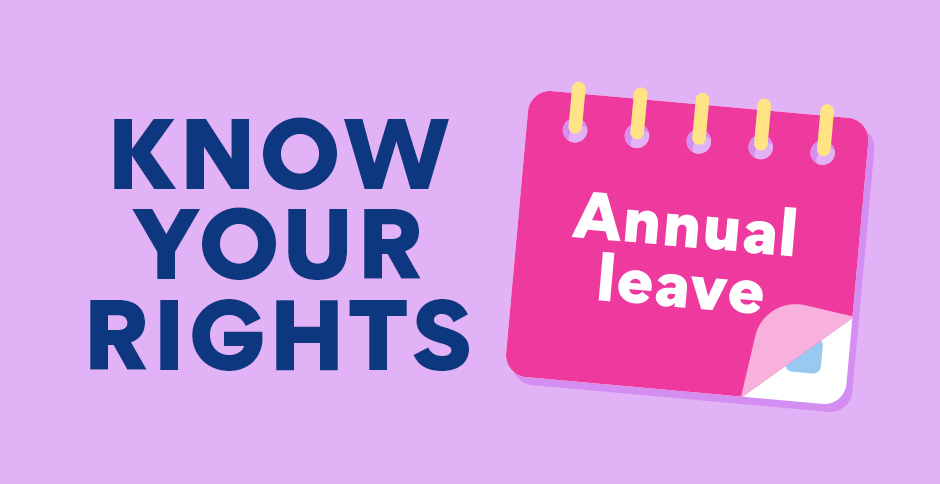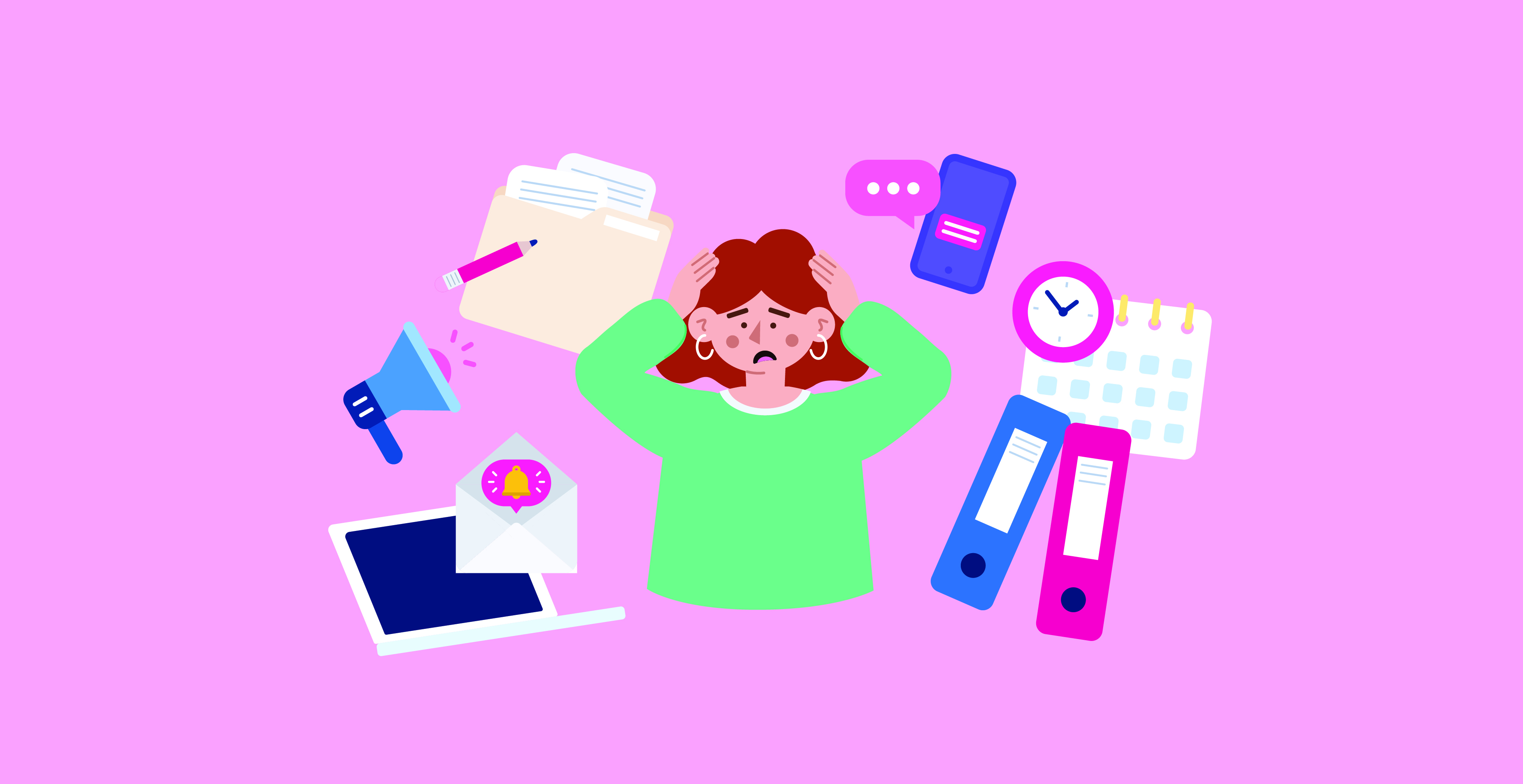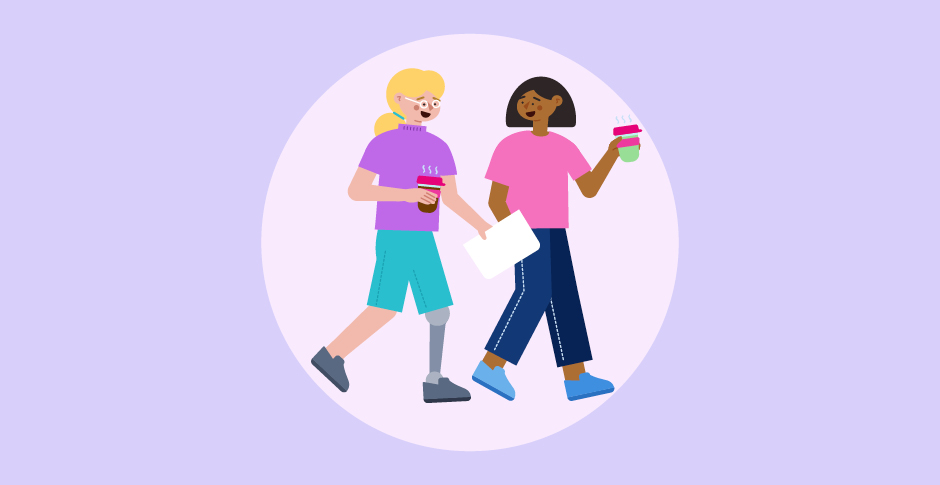The way many of us spend our time has totally changed since the COVID-19 pandemic began.
With reduced hours becoming common, plus far fewer people commuting to work, the average week looks a lot different to before for many people.
So if that means you have extra time on your hands, what can you do to make the most of it?
For SEEK’s Resident Psychologist, Sabina Read, the question isn’t necessarily about how to be productive, but rather, it’s about looking at time and productivity in a new light.
A new way to look at productivity
“Being productive means different things to different people, but I think being truly productive means taking the time to learn, grow, reflect and connect, rather than aiming to stay busy or continue at a frenetic pace,” Read says. “Although the coronavirus has meant loss and fear for lots of people, it’s also a great opportunity because we may have been given the gift of time.”
Using this additional time to take stock of your career and to evaluate things puts you in the driver’s seat of your life. “What do you want to be different?” asks Read. “Do a career audit and allocate those extra hours to exploring what you really want.”
Downtime aside, if you’re looking to generate some extra dollars, you might want to consider casual or temporary roles through gig-based platforms like Sidekicker or Airtasker.
Ways you could spend extra time
“We all have the same amount of time in the week, although there are different demands on that time,” Read says. “If you’ve lost a day of work a week, make a plan for how you’re going to use that day.”
Read suggests allocating time for:
- Growth and learning
“You don’t necessarily have to enrol in a lengthy university course to upskill. SEEK Learning has done the legwork to bring together a range of short, online courses in in-demand industries. This means you’re learning something new in a relatively short period of time.”
- Self-care
“It’s easy to feel overwhelmed with extra time on your hands, but there are practical things you can do to help you feel more in control of the challenges you may be experiencing. FutureLearn is currently offering a range of free courses to help you manage your mental health whilst at home.
- Reflection
Ask yourself, ‘What do I want to be different in my career or job?’ It’s okay if the answer doesn’t come instantly. Think about what you want your future to look like, what the point of work is for you and what will help you grow.”
You may also like to explore what transferable skills you can bring to whatever you decide to do next – you may be surprised at how comprehensive your current skillset is.
- Giving back
“Volunteering fills us up and offers an opportunity to make an impact and learn, but also to upskill. Remote volunteering opportunities can help reclaim your confidence if you’ve lost work, but you’ll also be supporting a person or organisation that really needs your skills.”
- Connecting with others
“Everyone has been impacted by COVID-19. Reach out and see how colleagues or previous co-workers are going. Connect with them on the phone or have a video coffee catch up. This is meaningful networking.”
- Taking small steps
“Remember that small steps create meaningful change. You may only have a few extra hours a week. Make a plan, follow through, but if you veer off course, don’t beat yourself up about it.”
If the way you spend your weeks has changed so that you’re finding extra time, you could be questioning how spend it – or even feel pressured to stay productive. But by approaching productivity with this different perspective, you could find a way to spend time that’s meaningful and positive for you.



